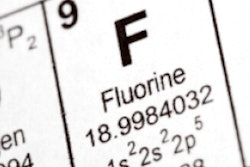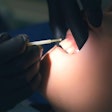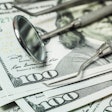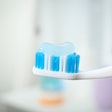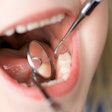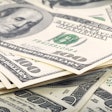Dear DrBicuspid Member,
A preemptive low dose of the nonsteroidal anti-inflammatory drug (NSAID) etoricoxib may reduce the need for analgesics after third-molar surgery. We covered all the details in the top story of the week.
The etoricoxib findings were based on the results of a randomized clinical trial in which patients were given the medication 30 minutes before surgery. Those who took etoricoxib were less likely to take analgesic medication during the 24-hour period following the procedure.
Fluoride makes list of essential drugs
Both fluoride toothpaste and silver diamine fluoride were among the additions to the World Health Organization's (WHO) list of essential medications for adults and children. The dental items were part of a new section on the WHO's annual list specifically dedicated to oral health items. The section will pave the way for more dental products to appear on the list in the future.
The WHO first published its essential medicines list in 1977, but until now, sodium fluoride was the only dental medicine on the list. The addition of the new fluoride products will make those dental care items much more accessible, according to experts.
Medicare Second Opinion pieces
University of Florida professor Dr. Frank Catalanotto caused quite a stir this week when he shared his thoughts on the prospect of dental Medicare benefits in a pair of Second Opinion pieces.
In the first piece, he argued that keeping dental coverage out of Medicare Part B -- something the ADA is lobbying for -- would betray public trust and provide little benefit for the millions of seniors currently without dental insurance. In the second piece, he explained why he believes dental therapists are needed to make the most of potential Medicare dental benefits.
Tips for no-shows
Reducing no-shows is within the top 10 best strategies for increasing practice production, wrote Dr. Roger P. Levin in this week's edition of his Do's and Don'ts tips. He advised practices to reduce no-shows by providing patients with a clear sense of why a procedure is important and removing patients with a third no-show appointment from their roster. Following the tips may help reduce the $3 million to $4 million in lost revenue from no-shows over the course of a dentist's career.
Dark history of TMJ implant
Last but not least, a recent perspective article in the Journal of Pain Research shed light on the dark history of a temporomandibular joint (TMJ) prosthetic device.
The case focused on a woman who spent 35 years in severe pain due to the device. She was just one of hundreds of patients -- predominantly young women -- who experienced pain, dysfunction, and disability from the implant type.





